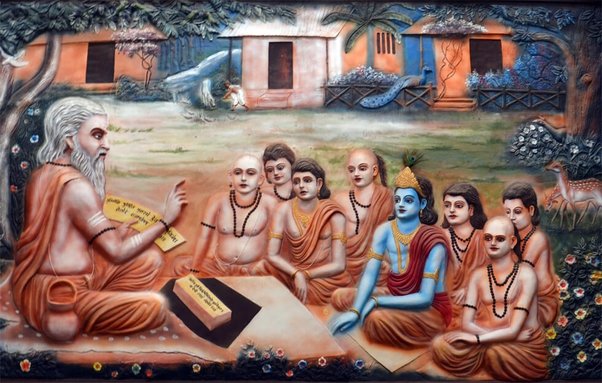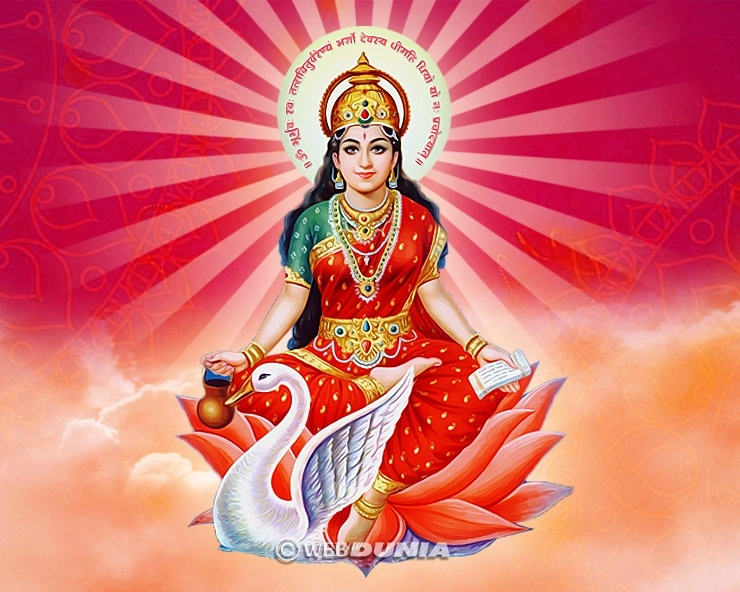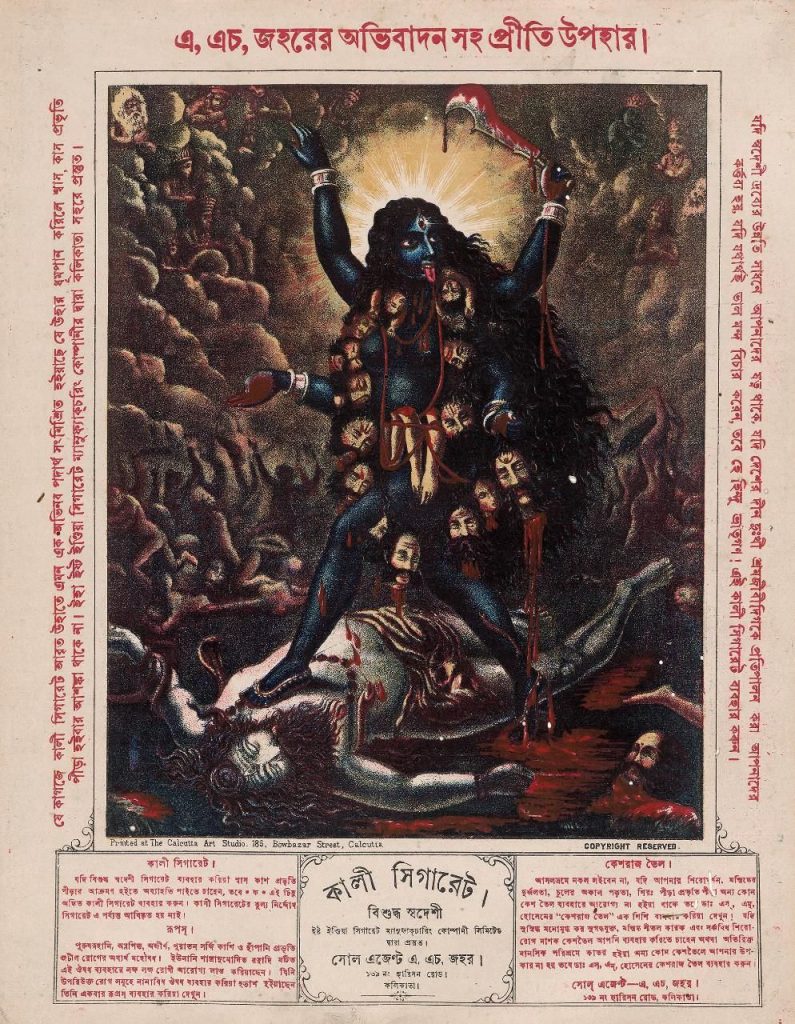Hinduism is the modern term for Sanatana Dharma, which is the oldest living religion in the world. Sanatana Dharma is a Sanskrit term that translates to “the eternal law” or “the eternal way.” It is a term used to describe the Hindu way of life, which is based on a set of principles and practices that have been passed down through generations.
The term “Hinduism” was coined by the British colonialists in the 19th century to describe the various religious and spiritual traditions of India. Prior to this, the various traditions were referred to by their regional names such as Shaivism, Vaishnavism, and Shaktism, among others.
Hinduism encompasses a diverse range of beliefs, practices, and philosophies, and has no single founder or central authority. It is characterized by the worship of many deities, the recognition of the authority of the Vedas (the ancient Hindu scriptures), the belief in karma (the law of cause and effect), and the pursuit of liberation from the cycle of birth and death (moksha).
Despite its diversity, Hinduism has certain commonalities across its various traditions, including a focus on dharma (righteousness), artha (material prosperity), kama (pleasure), and moksha (liberation), and a belief in the interconnectedness of all beings and the importance of ahimsa (non-violence).



